
Researchers from Bournemouth University and the University of Glasgow have won 2016 Lumen Prize Moving Image Award for their project AfterGlow, which shows the transmission of an infectious disease through 3D animation.
Their work forms part of Silent Signal, a collaborative project produced by Animate Projects and funded by the Wellcome Trust, bringing together animation artists and biomedical scientists to create experimental animated artworks. The resulting artworks are designed to make us think again about science and the human body.
BU animation research lecturers, Paul Smith and Vicky Isley, have been working with Dr Paddy Brock, a Research Associate at the University of Glasgow to explore the transmission of malaria. Their completed real-time animation shows the spread of the disease through the dancing patterns of mosquitoes at twilight – their prime feeding time.
The animation shows the island terrain lit up by glowing trails of light, mimicking mosquito flight patterns. These spirals represent blood droplets carried by the mosquitoes, infected with Plasmodium knowlesi, a malaria parasite recently found to jump the species barrier from monkey to human. The infection left in the wake of Macaque monkeys as they roam the island for food, demonstrates the intricate relationship between disease transmission and its environment.
Together Paul and Vicky form boredomresearch, an artistic collaboration which is renowned for creating artworks that explore extended time frames.
As Vicky explains, “boredeomresearch’s art practice is really inspired by natural and biological processes. We like to use computer animation to explore the diversity present in nature, exploring behaviours, movements and patterns and why they occur.”
“We were really interested in the unknowns around Dr Brock’s research into mosquitoes and macaques in Malaysia – how little was known about how the macaques move around the island and the mosquitoes populations. It was these that really fascinated us, because we wanted to explore how you could begin to map and visualise these.”
“We’re thrilled that AfterGlow has won the 2016 Lumen Prize’s Moving Image Award and it was an honour to have this award presented by Tessa Jackson OBE. We would like to thank all at BU, as well as our collaborators at the University of Glasgow, who have supported us with this project which was recognised for its fusion of arts and science. It was a pleasure to act as a beacon highlighting Bournemouth’s unique appreciation of the value of interdisciplinary practice.”
The animation can be viewed here.
 Every BU academic has a
Every BU academic has a 
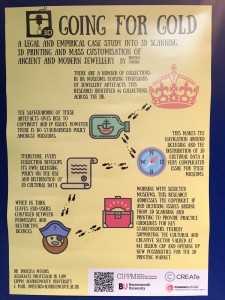

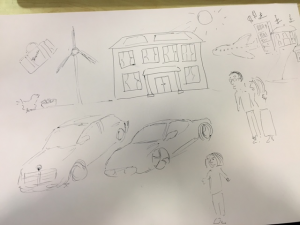
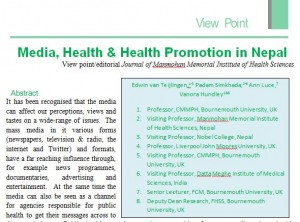

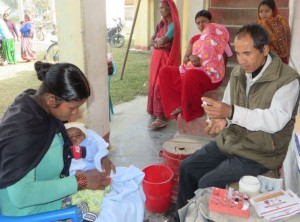
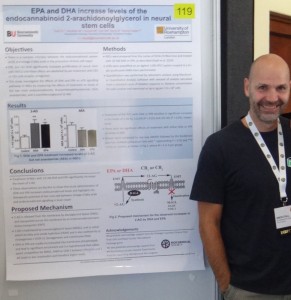


 The studies complement work recently published by
The studies complement work recently published by  As part of the
As part of the 

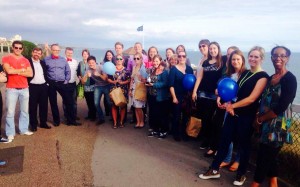
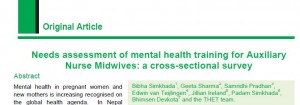

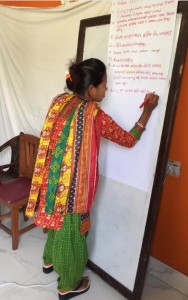











 Read and sign up to BU’s Policy Influence Digest
Read and sign up to BU’s Policy Influence Digest Upcoming opportunities for PGRs – collaborate externally
Upcoming opportunities for PGRs – collaborate externally BU involved in new MRF dissemination grant
BU involved in new MRF dissemination grant New COVID-19 publication
New COVID-19 publication MSCA Postdoctoral Fellowships 2024
MSCA Postdoctoral Fellowships 2024 Horizon Europe News – December 2023
Horizon Europe News – December 2023